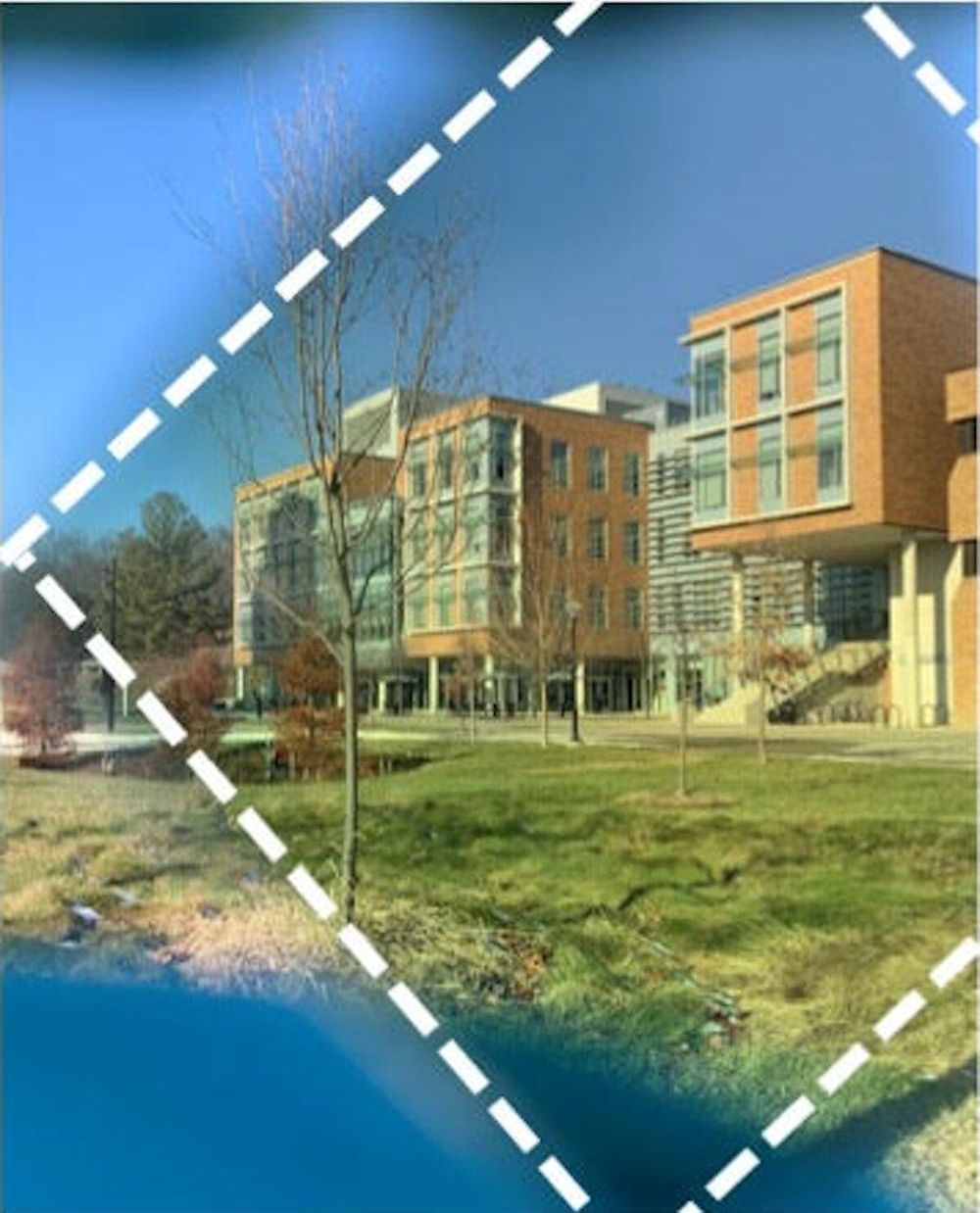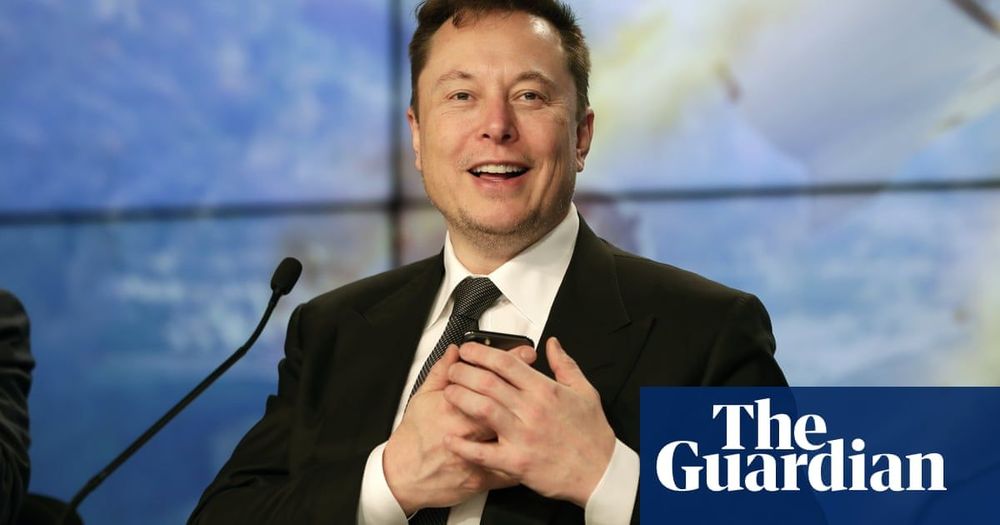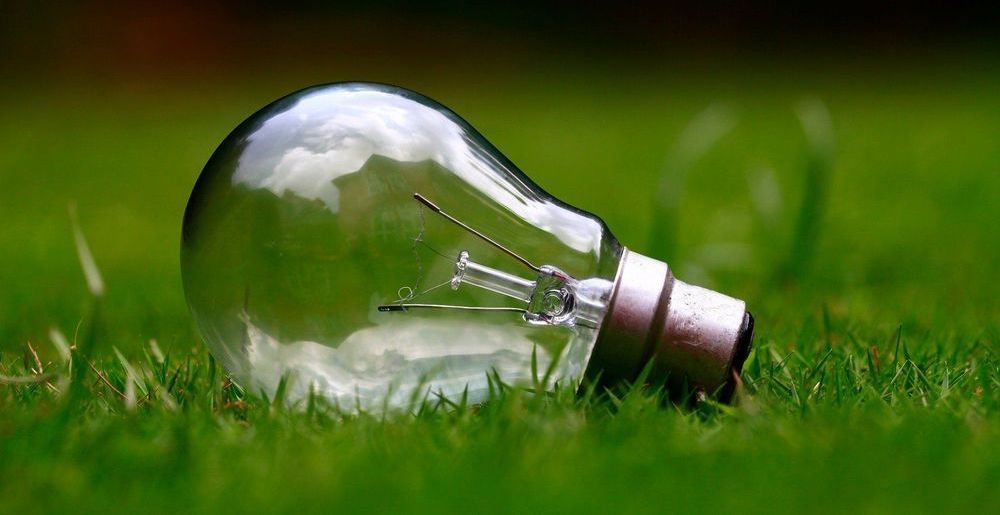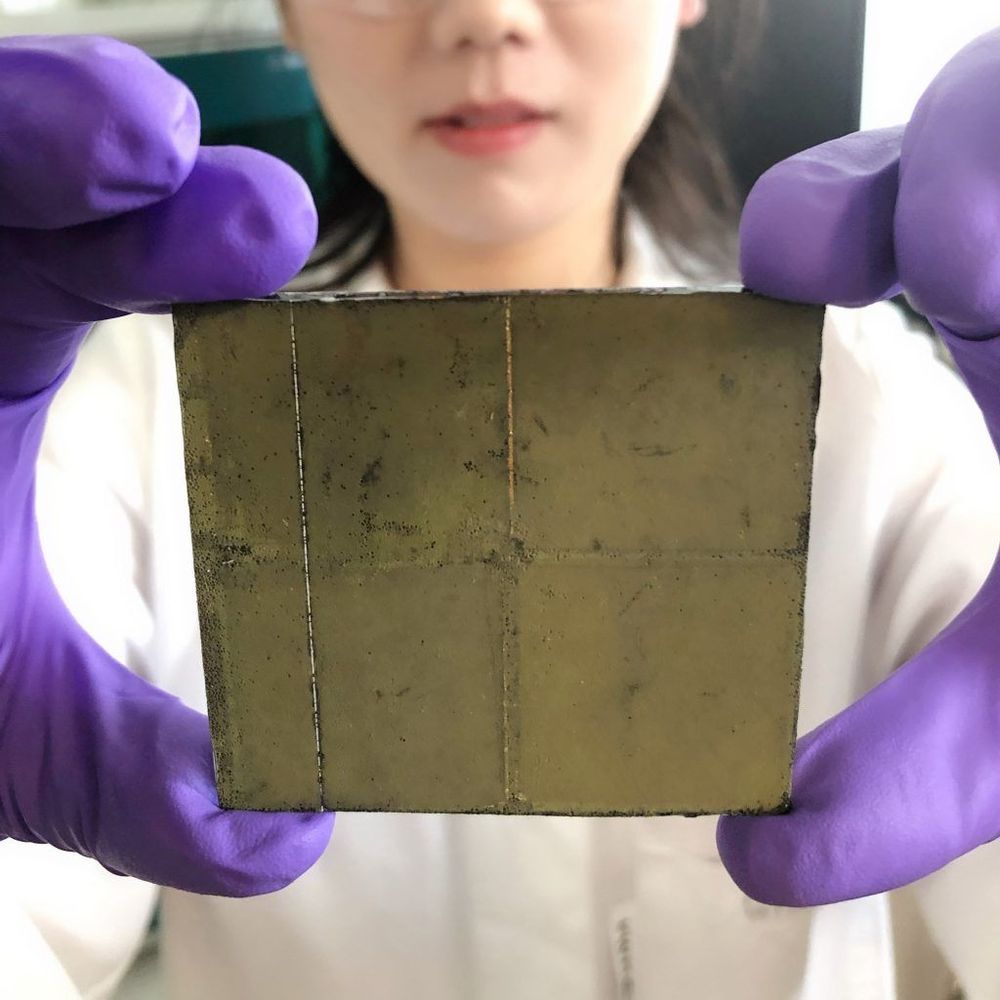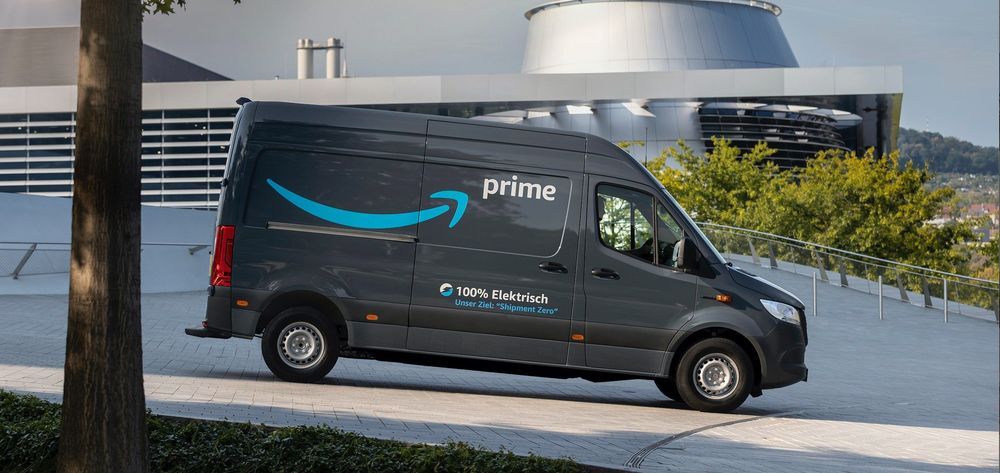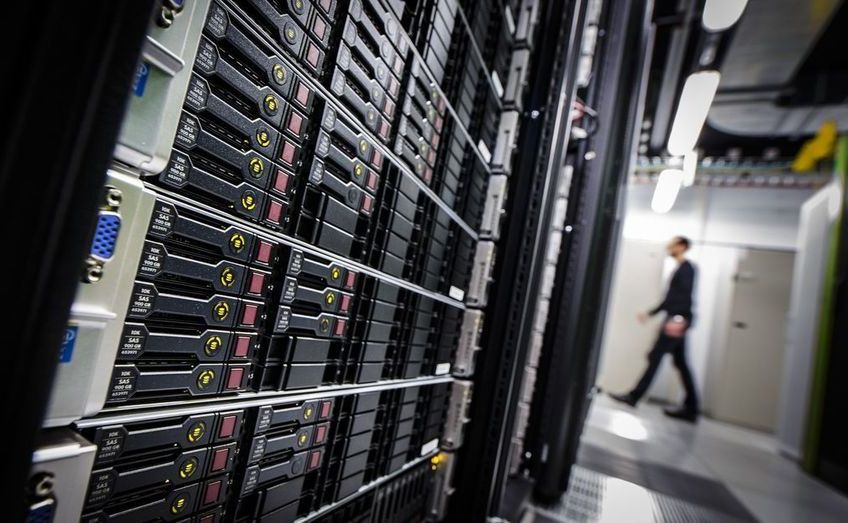In a step closer to skyscrapers that serve as power sources, a team led by University of Michigan researchers has set a new efficiency record for color-neutral, transparent solar cells.
The team achieved 8.1% efficiency and 43.3% transparency with an organic, or carbon-based, design rather than conventional silicon. While the cells have a slight green tint, they are much more like the gray of sunglasses and automobile windows.
“Windows, which are on the face of every building, are an ideal location for organic solar cells because they offer something silicon can’t, which is a combination of very high efficiency and very high visible transparency,” said Stephen Forrest, the Peter A. Franken Distinguished University Professor of Engineering and Paul G. Goebel Professor of Engineering, who led the research.
